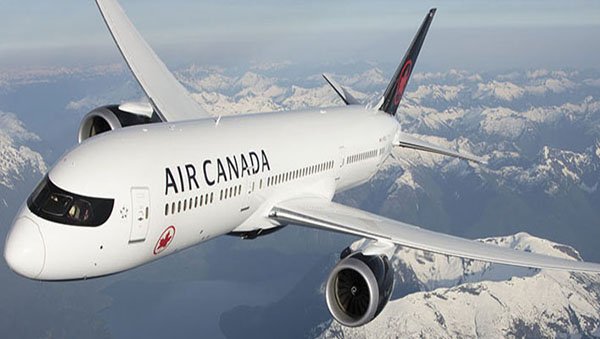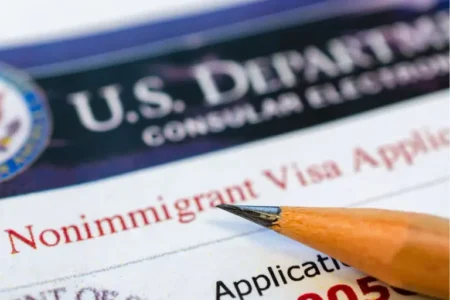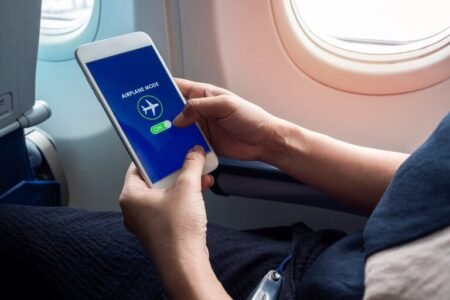Air Canada flight attendants announced on Tuesday that they had reached a deal with the airline to end a strike over wages and groundwork that has cancelled travel for half a million people worldwide.
Approximately 10,000 flight attendants walked off the job after midnight Saturday, claiming that Air Canada had failed to meet their demands for greater pay and recompense for unpaid ground work, particularly during boarding.
The attendants’ union refused two orders from a regulatory tribunal to return to work, prompting Air Canada to postpone plans to partially restart service.
However, after resuming talks on Monday evening, the union announced that it had achieved a tentative agreement with the airline, which it would forward to its members for consideration.
“The strike has ended. We have a tentative agreement we will bring forward to you,” the Canadian Union of Public Employees’ (CUPE) Air Canada branch said in a statement.
“We are required to advise our membership that we must fully cooperate with the resumption of operations,” the statement said.
Air Canada stated in a statement that it would “gradually restart its operations” after reaching an agreement with CUPE through a mediator, William Kaplan.
It said the first flights were scheduled for Tuesday evening but warned that full service may not return for seven to 10 days.
“Restarting a major carrier like Air Canada is a complex undertaking. Full restoration may require a week or more,” Air Canada president Michael Rousseau said.
Neither the union nor the airline immediately provided details of the agreement.
However, CUPE said the deal achieves “transformational change for our industry after a historic fight.”
“Unpaid work is over,” it added, a reference to a key demand throughout the talks that flight attendants also be compensated for time not spent in the air.
The airline said it would not comment on the terms of the deal “until the ratification process is complete.”
“When our rights were taken away, we stood strong, we fought back — and we secured a tentative agreement that our members can vote on,” CUPE further said.
It was not immediately clear when CUPE would hold its vote.
Air Canada, the national carrier that flies directly to 180 locations both domestically and internationally, said the strike resulted in 500,000 cancellations.
Over the weekend, federal labour minister Patty Hajdu used a legal clause to halt the strike and force both sides to enter binding arbitration.
Following that intervention, the Canada Industrial Relations Board (CIRB), a regulatory tribunal, issued two separate orders directing flight attendants to return to work on Sunday and Monday.
However, the union refused to comply with the demands, prompting Air Canada to postpone service resuming plans.
Air Canada announced to customers on Tuesday to expect continued disruption “as aircraft and crew are out of position.”
It called on passengers to only travel to the airport if their flight was shown as operating.
“The suspension of our service is extremely difficult for our customers. We deeply regret and apologise for the impact on them of this labour disruption,” Rousseau said.
Prime Minister Mark Carney told reporters on Monday that it was “disappointing” that the carrier and union had not reached a deal after eight months of negotiations.
He stated that it was “important” that flight attendants be “compensated equitably” but expressed concern that hundreds of thousands of travellers were facing travel anxiety.










